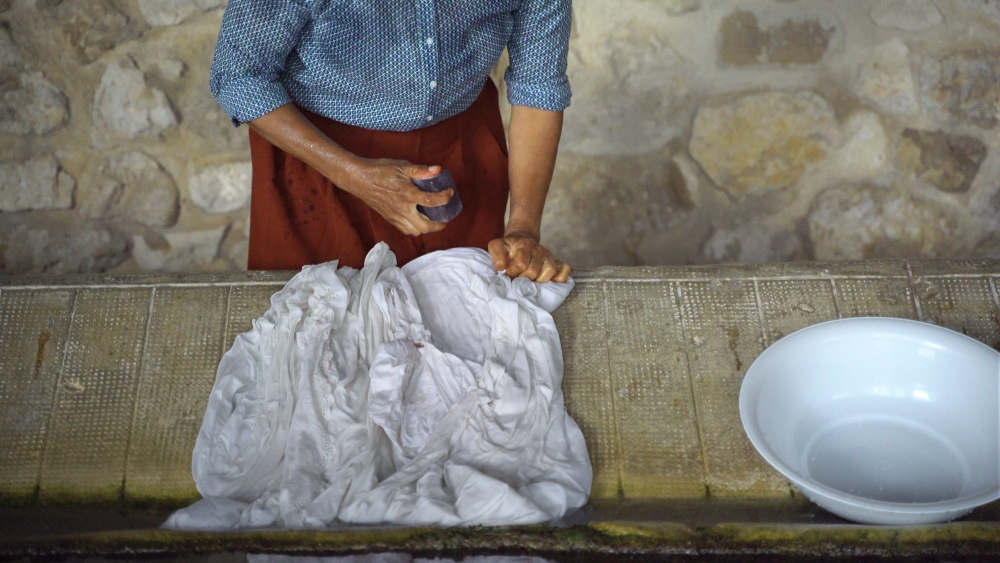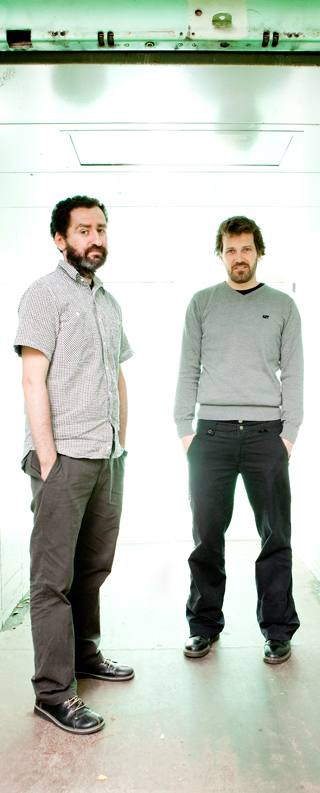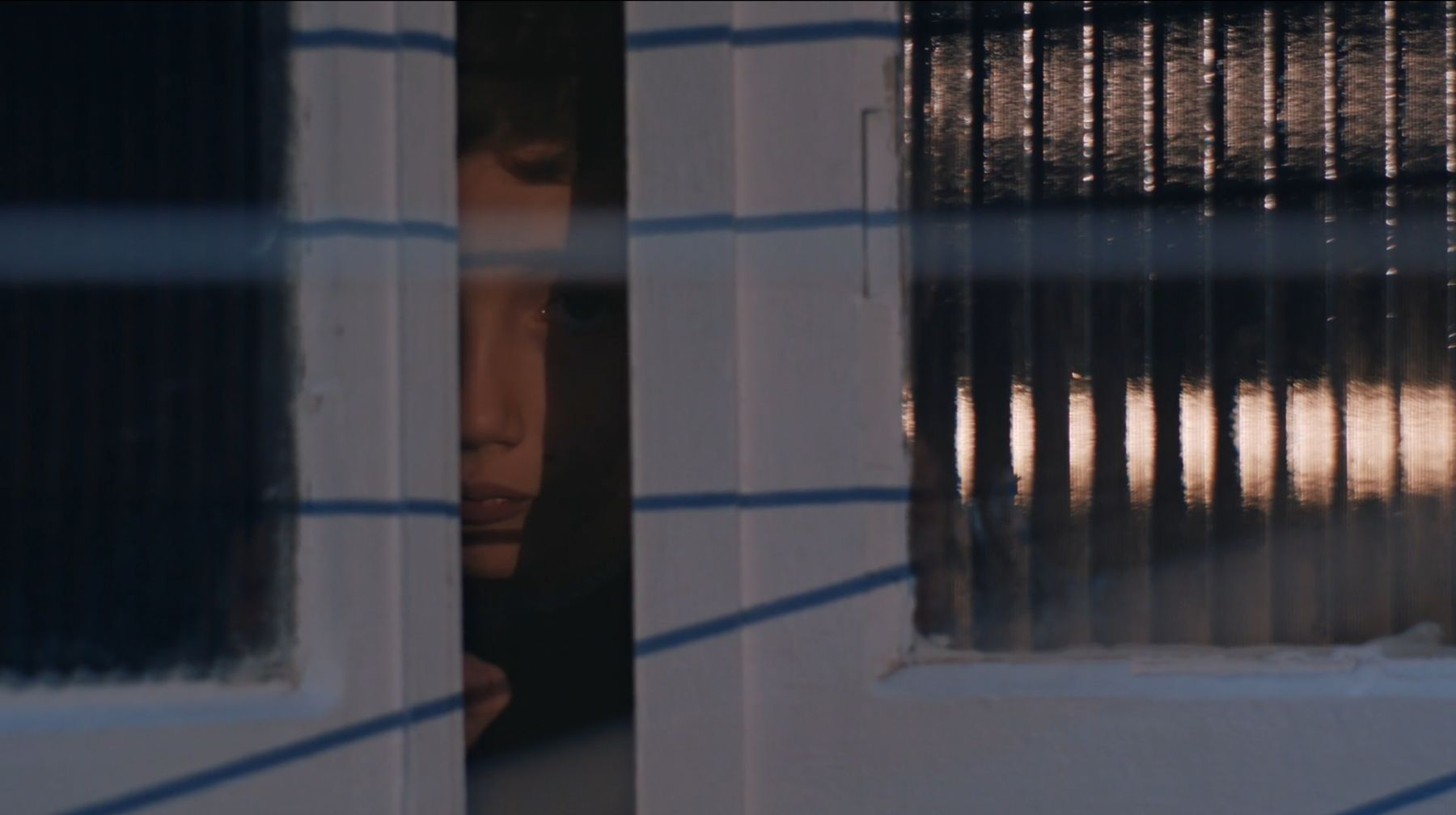Past in your hands

Hands have a varied symbology. With hands the world is driven and with strong fists the command is supported. Power also fights with fists, picking fingers and raising hands up. Hands are necessary for those who have always been the losers of life, for that alone has been an instrument for survival. We have in our hands written our past and our future. We play with our hands the story of our society. Among many hands, Esti Maguregi, Argenis Mesa, Marta Brancas and Irune Lauzirika have created the documentary Latsariak, on the laundries of the neighborhoods of Bilbao and the women who worked there. They have given the floor to several women who knew this reality, to create among them a written account in the concave hands, to testify to what they lived.
Documentary 'Latsariak'
WHERE:Hika Ateneo (Bilbao)
WHEN: 9 February
Before the beginning of the documentary, a brief performance has been performed at the Hika Ateneo in Bilbao. A woman cleans a white sheet and hangs it on ropes hanging on the stage. With the sheet it has been lost inside, as if the white sheet had taken captivity. The life of the melancholic was also like this: slave of work, without the possibility of escaping. They spent their whole life in the water tapping their hands against the stones. Sometimes they washed their clothes at home, sometimes those of others, always in exchange for a little salary.
Hands are the relationship between the past and the future. The Latsaris tell us of a non-existent Bilbao. These places where the clothes of mine workers or the house clothes of working-class neighborhoods were washed disappeared little by little in the middle of the last century. Capitalism, along with the supremacy of the consumer society and the colonization of automatic washing machines by the workers, acquired not only the physical space, but also the life linked to this profession. Rivers were polluted by the discharges from factories and Bilbao became the monster that devoured everything.
Laundries were a meeting point for women who aimed to wash clothes, they were areas of fraternity and refuge. There they spent hours in the company of other women, far from the spies of men, who did not come close if they were not the guardian of the laundry. Protection zones, yes, even cages, as laundries were useful for discipline. These moist places reminded the women who gathered in them what place society decided for them, and what their role was. The day of work was strangled. For them to never forget, it caused them to be hooked: the pain of the hands. His folded hands, in the form of water, are testimony to his life.

























